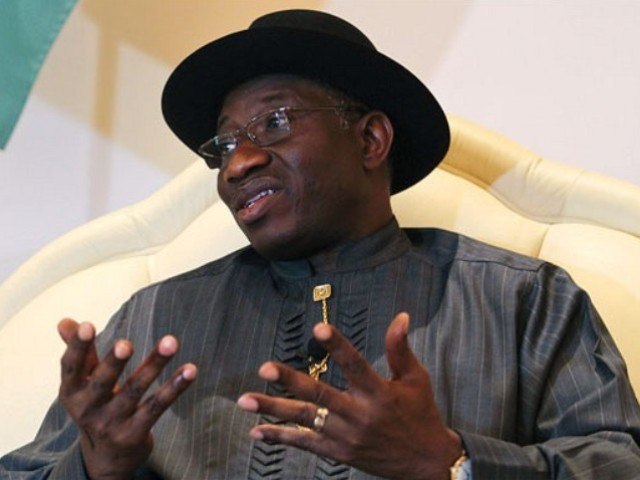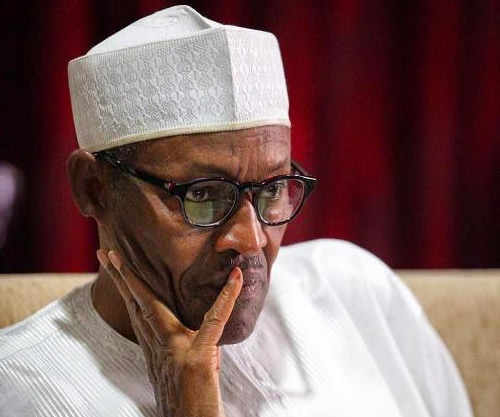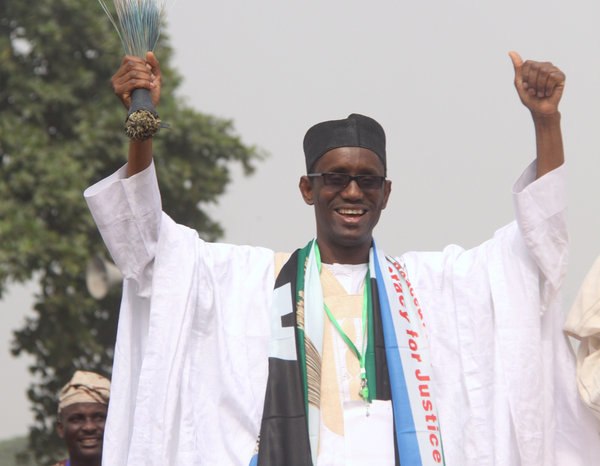2011 Presidential Election: How Nigerians voted
More than 800 Nigerians died in the riots that followed the 2011 presidential election.
The 2011 presidential election is notorious for being one of the most violent in Nigeria’s electoral history.
Umaru Musa Yar’Adua’s death in 2010 paved the way for his vice-president, Goodluck Jonathan, to succeed him and run for his own first term, as the candidate of the Peoples Democratic Party (PDP).

Muhammadu Buhari of the Congress for Progressive Change (CPC), who wouldn’t take no for an answer after losses in 2003 and 2007, appeared on the ballot again for the third consecutive presidential election.

A former chairman of the Economic and Financial Crimes Commission (EFCC), Nuhu Ribadu, was a notable candidate on the ballot as the flagbearer of the Action Congress of Nigeria (ACN), but he finished a distant third.

The result of the election sparked a wave of violence that claimed around 800 lives in the northern region. The violence was majorly attributed to supporters of Buhari, who lost a presidential election for the third and final time.
73.5 million Nigerians registered to vote in the 2011 contest and 39.5 million (53.68%) voted.
This is how Nigerians voted in each state.
Abia
Buhari — 3,743 (0.31%)
Jonathan — 1,175,984 (98.96%)
Adamawa
Buhari — 344,526 (37.96%)
Jonathan — 508,314 (560%)
Akwa Ibom
Buhari — 5,348 (0.43%)
Jonathan — 1,165,629 (94.58%)
Anambra
Buhari — 4,223 (0.36%)
Jonathan — 1,145,169 (98.96%)
Bauchi
Buhari — 1,315,209 (81.69%)
Jonathan — 258,404 (16.05%)
Bayelsa
Buhari — 691 (0.14%)
Jonathan — 504,811 (99.63%)
Benue
Buhari — 109,680 (10.47%)
Jonathan — 694,776 (66.31%)
Borno
Buhari — 909,763 (77.25%)
Jonathan — 207,075 (17.58%)
Cross River
Jonathan — 709,382 (97.67%)
Buhari — 4,002 (0.55%)
Delta
Buhari — 8,960 (0.64%)
Jonathan — 1,378,851 (98.59%)
Ebonyi
Buhari — 1,025 (0.20%)
Jonathan — 480,592 (95.57%)
Edo
Buhari — 17,795 (2.86%)
Jonathan — 542,173 (87.28%)
Ekiti
Buhari — 2,689 (1.03%)
Jonathan — 135,009 (51.56%)
Enugu
Buhari — 3,753 (0.46%)
Jonathan — 802,144 (98.54%)
FCT
Buhari — 131,576 (33.05%)
Jonathan — 253,444 (63.66%)
Gombe
Buhari — 459,898 (59.73%)
Jonathan — 290,347 (37.71%)
Imo
Buhari — 7,591 (0.54%)
Jonathan — 1,381,357 (97.98%)
Jigawa
Buhari — 663,994 (58.21%)
Jonathan — 419,252 (36.75%)
Kaduna
Buhari — 1,334,244 (51.92%)
Jonathan — 1,190,179 (46.31%)
Kano
Buhari — 1,624,543 (60.77%)
Jonathan — 440,666 (16.48%)
Katsina
Buhari — 1,163,919 (70.99%)
Jonathan — 428,392 (26.13%)
Kebbi
Buhari — 501,453 (54.26%)
Jonathan — 369,198 (39.95%)
Kogi
Buhari — 132,201 (23.53%)
Jonathan — 399,816 (71.17%)
Kwara
Buhari — 83,603 (20.16%)
Jonathan — 268,243 (64.68%)
Lagos
Buhari — 189,983 (9.77%)
Jonathan — 1,281,688 (65.90%)
Nasarawa
Buhari — 278,390 (40.08%)
Jonathan — 408,997 (58.89%)
Niger
Buhari — 652,574 (64.03%)
Jonathan — 321,429 (31.54%)
Ondo
Buhari — 11,890 (2.44%)
Jonathan — 387,376 (79.57%)
Ogun
Buhari — 17,654 (3.25%)
Jonathan — 309,177 (56.86%)
Osun
Buhari — 6,997 (1.36%)
Jonathan — 188,409 (36.75%)
Oyo
Buhari — 92,396 (10.70%)
Jonathan — 484,758 (56.14%)
Plateau
Buhari — 356,551 (25.27%)
Jonathan — 1,029,865 (72.98%)
Rivers
Buhari — 13,182 (0.71%)
Jonathan — 1,817,762 (98.04%)
Sokoto
Buhari — 540,769 (59.44%)
Jonathan — 309,057 (33.97%)
Taraba
Buhari — 257,986 (34.91%)
Jonathan — 451,354 (61.07%)
Yobe
Buhari — 337,537 (54.26%)
Jonathan — 117,128 (18.83%)
Zamfara
Buhari — 624,515 (66.25%)
Jonathan — 238,980 (25.35%)
Total
Buhari — 12,214,853 (31.98%)
Jonathan — 22,495,187 (58.89) — Winner
*Data sourced from INEC’s archived page.
ALSO READ: How Nigerians voted in the 1999 presidential election, 2003 presidential election, and 2007 presidential election
ridoola.blogspot.com.ng
Comments
Post a Comment